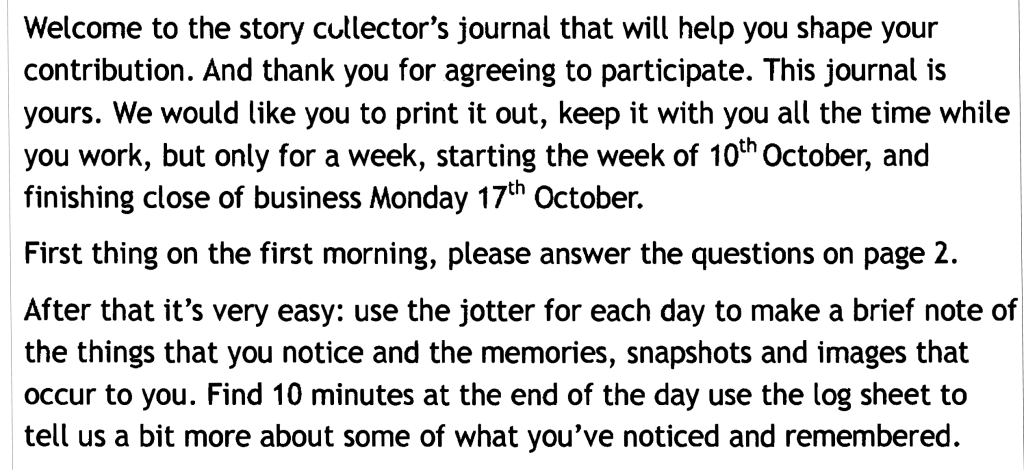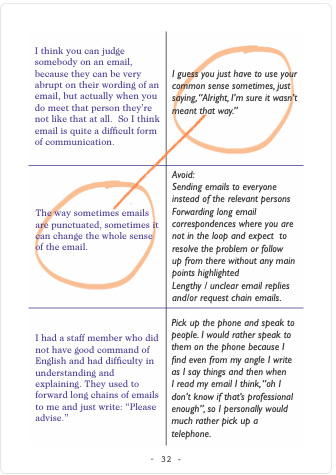Culture, etiquette, manners, rituals call it what you want. Functioning society thrives when people know and abide by a set of norms in the way they behave and interact with others.
I’ve previously suggested that the English thrive on ambiguity, a character trait that can prove hugely challenging to expatriates trying to comprehend what has (or has not) been agreed.
In an excellent comment, as part of my “A Collaborative Valedictory” reflection page, Maria Ana Botelho Neves who is Portuguese reminded me that, when she was CEO of the UK Charity I was a Trustee of, I gave her a book. The Culture Map became the backstop for many conversations with the English ex Army Chairman.
The author, Erin Meyer, poses business leaders these challenging questions:
Why does your Swedish colleague have so many problems leading his Chinese team? How do you foster a good relationship with your Brazilian suppliers while sitting at your desk in Europe?
How do you navigate the tricky task of performance reviews when your American employees precede negative feedback with three nice comments, while the French, Dutch, Israelis, and Germans skip the positives and get straight to the point?
What is the best method for getting your team based on four continents to work together effectively?
Face to Face collaboration can be tricky too: how do you intepret where people sit if you are in Asia; at what point in a meeting in the Middle East do you start talking business; if you are invited to the house of a client or colleague, what’s the appropriate gift to take; or is the taking of a gift seen as insulting? All have the propensity to cause unintended offence!
I’ve seen near misses in Italy where English drivers enter the Autostrada anticipate the car on the inside line will move over to accommodate them. They do not! It’s about custom.
As we move into a hybrid working environment and communicate mostly via social media tools (and email), the above challenges are amplified and the impact on business and relationships potentially damaging.
Bridging the cultural chasm in global wealth management
Many years ago, when I was Managing Partner of Sparknow, we undertook an assignment for a client who had recently rolled out a global administration system. Their challenge: to get people collaborating across timezones, cultures and language.
Virtual communications were at the core of the problem. There was a lack of understanding of the style and customs of others. Working with their learning & transformation team we asked each team member to keep a journal. Here’s an extract from our invitation to participate:

Following a set of interviews we created a booklet “Tick” (what makes us tick) to highlight their different cultures and customs and how to best work with each other.
Here’s a page from the section: “How not to write a confusing email”.
The success of this initiative was in embracing and affirming the positive contributions and unique aspects of different cultures. The global team had input into the booklet (we deliberately avoided the word ‘Guide’) and a sense of ownership. It was written in their words with their examples.
And finally
In the online world we inhabit today, where virtual presenteeism is becoming the norm, it is easy to feel isolated and misinterpret what is or is not being said.
Silence is a powerful tool. I’ve seen it used effectively by HMRC’s enforcement teams, I’ve used it when interviewing people about a sensitive subject or recollection such as an Oral History. It’s particularly effective when giving an address to pause and let an important point ‘land’,
However, a non response can be equally damaging to a working relationship. There is nothing more demotivating than sending a message to a colleague who you know has received it and get no response.
The thumbs up emoji is a wonderful tool to at least acknowledge and affirm a request.
What Does 👍 Mean. The thumbs up sign emoji 👍, also known as the “yes” emoji, is used to express general contentment. It can also be used to show approval and support for someone’s actions or ideas. It can also mean “great job” or “keep it up,” depending on the context.
emojipedia.org

